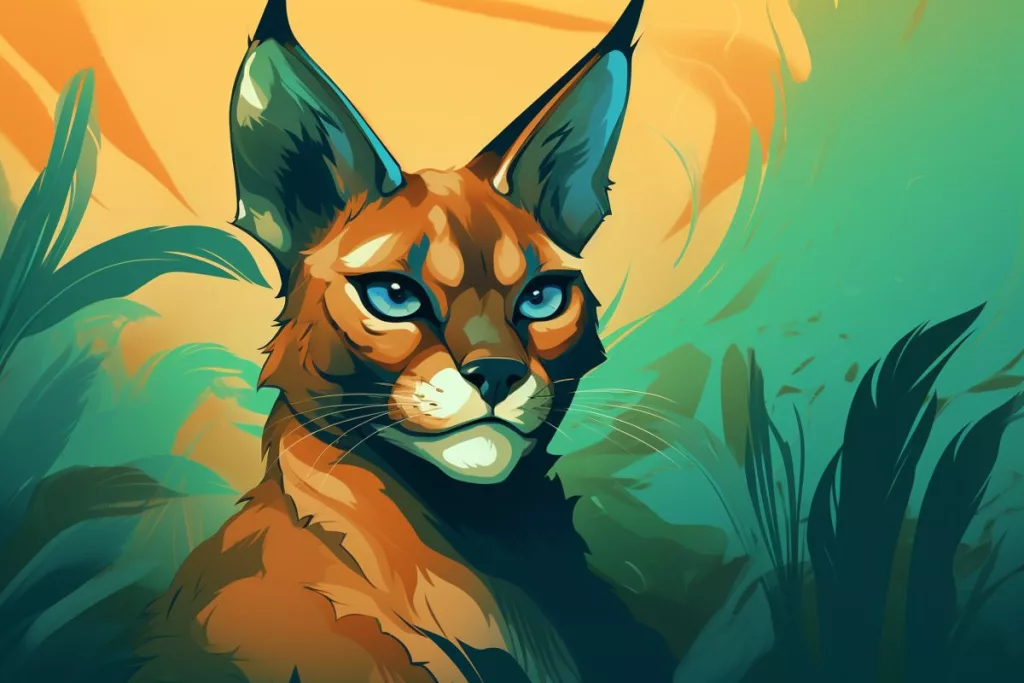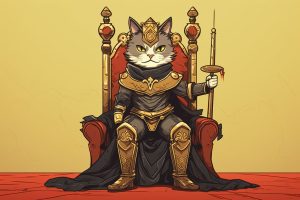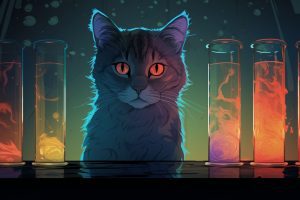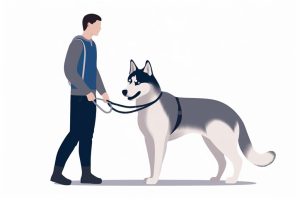The Urban Caracal Project in Cape Town is dedicated to protecting biodiversity and urban wildlife through research and conservation initiatives. The project emphasizes responsible pet ownership, particularly in protected areas where dogs can pose a risk to local wildlife. The recent loss of Hope, a studied caracal and symbol of adaptability, highlights the importance of this mission and the need for cooperative efforts to preserve the delicate balance between urbanization and nature.
August 8th marks a special day for cat lovers worldwide International Cat Day. This day, dedicated to our furry feline friends, celebrates their unique personalities and wellbeing while promoting responsible pet ownership practices. ## The Magic of Feline Cuteness: Irresistible Kitten Appeal
The Complexities of Cat Cloning: Preserving Precious Bonds or Crossing Ethical Boundaries?
The idea of cloning pets has become more popular in recent years, particularly amongst those who wish to maintain a connection with their beloved feline companions. However, cloning a cat is a complex process that comes with its own set of challenges and ethical concerns.
Over the last ten years, Cape Town has made impressive strides in addressing pet overpopulation, thanks to the combined efforts of local government and various animal welfare organizations. Through the sterilization of domestic animals, close to 15,000 animals have been sterilized, thanks to a total investment of over R6.3 million from the Community Services and Health Directorate.
Recent events have brought to light the importance of responsible pet ownership and seeking legal action in cases of harm caused by pets. The case of Micayla Marshall, who was awarded nearly R100,000 in damages after struggling with PTSD for nine years due to a dog attack, highlights the potential emotional and physical harm inflicted by dogs.





